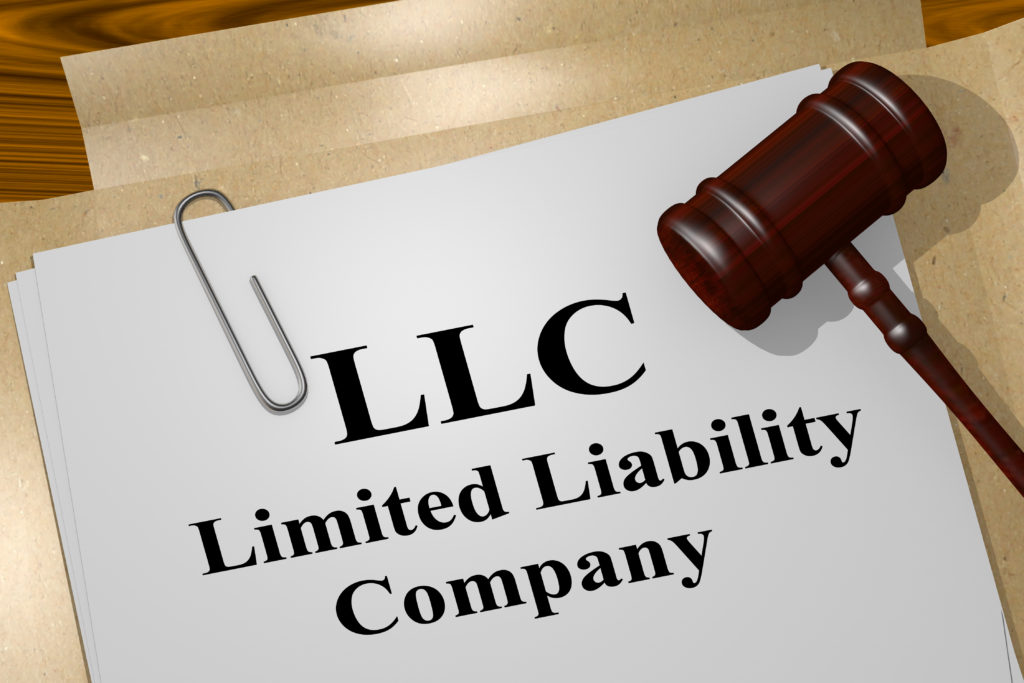A limited liability corporation (LLC) is a good choice for any type of company. Business owners who form a LLC must go through the state to incorporate. While the fees and rules may vary, the benefits are the same: personal liability protection, flexibility with taxation and operational structure, and broad eligibility.

What are the benefits of starting an LLC?
Here are five main benefits of an LLC
- Personal liability protection
An important benefit of an LLC is the separation of your personal and business assets. In the event your business is sued, defaults on a loan, or loses its savings, this protects your home, car and savings.
A personal guarantee for business financing is an exception. This gives creditors the right to hold you responsible for the repayment of the debt. If there is evidence of fraud or negligence that caused harm, you may also be held responsible in a lawsuit.
- It is inexpensive and easy to make.
An LLC allows you to start a business for less than a corporation. Although the exact process will depend on your state, the paperwork and cost are usually minimal. You will need to complete a brief formation document and file articles of organization. This agreement outlines the ownership structure for the new company. These templates are available online so you don’t need to create them from scratch. A tax professional can also be consulted.
Because it is less complicated to operate, an LLC can be more attractive for small businesses than forming corporations. An LLC is not required to hold an annual shareholder meeting or file an annual report.
- Flexible taxation
You have a variety of options when it comes to how taxes are paid when you choose an LLC. Except for an LLC that elects to be treated as a C corp, LLCs do not pay corporate taxes. Form an LLC in the US, they pass the profits along to their owners as personal income. Pass-through taxation is a way to save money by not having to pay double taxation at both the corporate and personal levels.
Depending on which tax classification you choose you might need to pay self-employment taxes. These are the four tax classifications that an LLC must follow:
- Sole proprietorship (single member LLCs only). When a single member LLC is taxed as sole proprietorship, all business profits are passed through to the owners and they pay income taxes on the entire amount. Self-employed owners must pay self-employment taxes to cover Medicare and Social Security.
- General partnership (multimember LLCs only). Multi-member LLCs are taxed as partnerships. The business profits go through to the members, who must each pay income tax. Most cases, each member must also pay self-employment taxes.
- S corporation (single member or multi-member LLCs). An LLC that is taxed as an LLC may elect to pay a salary and payroll taxes on the salary. While the profits of the business pass through to the owners as income, they don’t have to pay self employment tax. S corp do not have to pay corporate taxes because they are pass-through entities.
- C Corporation (single member or multi-member LLCs). All business profits are subject to the corporate rate when taxed as C corp. LLC members can also take profit distributions, which are subject to personal income tax. This is called double taxation. While members of a C corporation don’t have self-employment taxes to pay, any member who is paid a salary through the LLC will be subject to payroll taxes.
Many LLCs are now eligible for a federal deduction on income passed through because of a recent tax law change called the QBI (qualified business Income) deduction. Business owners who have pass-through income can deduct up to 20% from their federal tax returns for the period 2025.
- Management flexibility and ownership
LLCs allow members to decide how profits are divided. This is in contrast to a general partnership which requires that all partners split the company’s profits equally. Instead, LLCs allow profits and other terms to be divided according to the operating agreement. The agreement may give one or more members a greater share of the profits if they invest more upfront or put in more sweat equity (doing all the hard work to bring the business to life).
There is no limit on the number of owners that an LLC can have. A governing body, such as a board or set of officers, is not required for an LLC.
- Individuals will find it appropriate
An LLC’s advantages are not limited to multi-member businesses. A single-member LLC can also be beneficial for individuals. A single-member LLC provides personal asset protection and allows you more control over how your taxes are calculated. Some businesses may choose to tax themselves as an S corporation. However, state laws regarding S corp status can vary so be sure to check with your local authorities.
What are the drawbacks of running an LLC?
There are downsides to using an LLC for your business entity.
- Personal liability protection is not available in all cases, including fraud and corporate malfeasance.
- Although corporate taxes are often ignored, self-employment taxes may be due.
- Transferring ownership may be more difficult than other options, such as C corporations which can have unlimited shareholders.
A lawyer or tax professional with expertise in small business can offer advice to help entrepreneurs who are uncertain about the best structure for their business.
Final thoughts
A successful business requires more than just selling products and finding clients. You need to be able to understand the administration side of running a business, such as maximizing your business structure and securing financing. An LLC can be formed by individuals or larger businesses to protect their assets and receive tax benefits.


